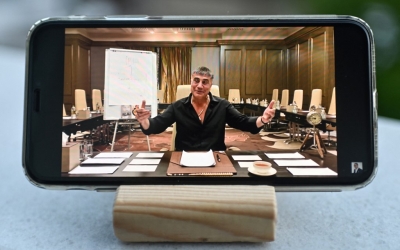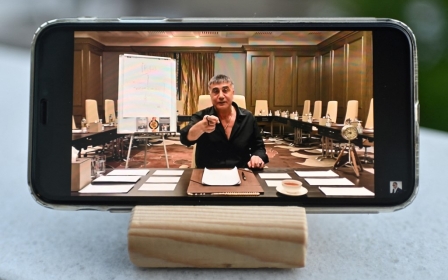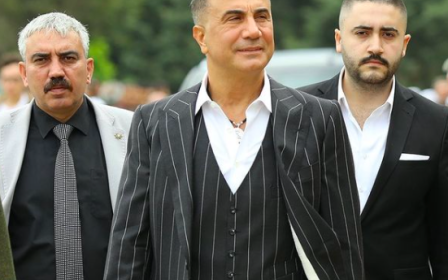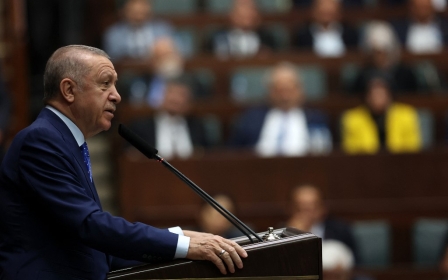Sedat Peker: UAE silences Turkish mobster’s alternate Twitter account
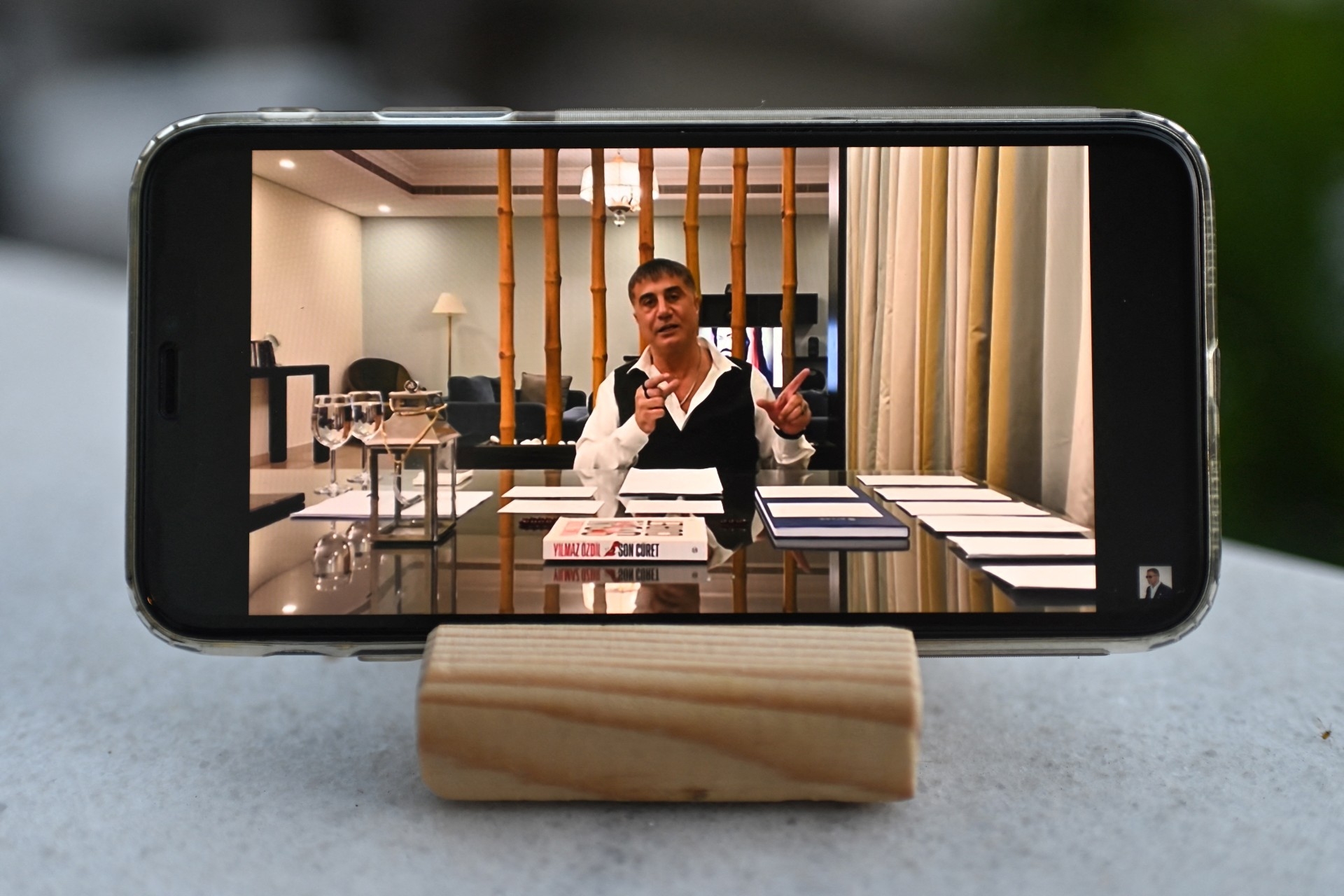
The United Arab Emirates government has asked Dubai-based Turkish mobster Sedat Peker to stop posting from an alternate Twitter account that he established after officials ordered him to stop broadcasting videos last year, a Turkish newspaper reported on Thursday.
Peker has captivated tens of millions of people in Turkey since 2021 by broadcasting a slew of corruption allegations against top officials on YouTube - including Interior Minister Suleyman Soylu and businessmen close to the government. His videos alleged that the state is turning a blind eye to high-level corruption and drug trafficking.
Peker stopped broadcasting on YouTube in June 2021 after Emirati officials took him in for questioning, around the same time that Ankara and Abu Dhabi were holding reconciliation talks.
However, the mobster recently established an alternate Twitter account, called Deli Cavus [Crazy Sergeant] to continue his criticism and allegations of corruption at the higher echelons of government.
This week, he claimed the Turkish government wouldn’t leave power even if it fails to win the elections next June. He also said that, despite the pressure, he would reveal his ultimate allegations before the elections.
In response, the UAE authorities also asked Peker to stop tweeting on the Deli Cavus account, according to pro-opposition Sozcu daily.
Peker shared the Sozcu report on his official Twitter account, confirming the content.
Sozcu also said that Peker is debating whether to run for a seat in parliament in June, as it would provide immunity against the legal cases against him.
Turkey and UAE have begun to restore relations over the past year, after 10 years of political and proxy conflicts in places such as Libya, Egypt, and the Horn of Africa, and accusations the Emiratis were plotting to take down the Turkish government
Abu Dhabi ruler Mohammed bin Zayed's landmark visit to Ankara last November officially normalised relations, and prompted the emirate to declared it would invest $10bn in Turkey in the coming years amid a Turkish currency crisis.
Middle East Eye delivers independent and unrivalled coverage and analysis of the Middle East, North Africa and beyond. To learn more about republishing this content and the associated fees, please fill out this form. More about MEE can be found here.


